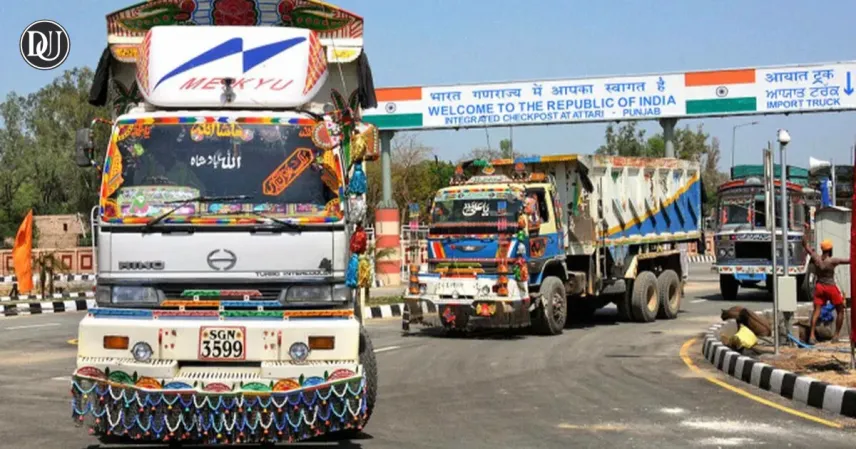The Attari border, often buzzing with trade trucks, customs activity, and hopes for better ties, now stands eerily silent. In the wake of a devastating terror attack in Pahalgam, India has decided to close its gates at the Attari Integrated Check Post—a move echoing the nation’s grief and firm stance on security.
For many, it’s not just a gate that’s shut—it’s a lifeline. This isn’t just about borders and policies; it’s about people, about livelihoods.
Traders and Transporters Left in Limbo
Every day, goods ranging from fresh produce to industrial materials pass through this corridor. The sudden halt means truck drivers stranded, small traders anxious, and warehouses waiting for deliveries that might not come anytime soon.
For those who earn a living from this cross-border movement, the uncertainty isn’t just inconvenient—it’s terrifying. How long will the silence last?
A Message Beyond Trade
This closure isn’t just an economic decision—it’s symbolic. It says that no act of violence will go unanswered. But behind this bold message lies a quiet ripple: relationships, both personal and professional, strained across the border.
Farmers whose produce won’t make it in time. Families waiting for goods to support their businesses. Emotions are tangled with politics and safety.
The Road Ahead
As it stands, the border will allow only returning travelers until May 1. After that? Nobody knows.
This isn't just about trade. It's about trust, about safety, and about what happens when global politics reach the local doorstep. While national security remains the top priority, there's a silent hope across both sides—that dialogue, peace, and normalcy return soon.
Until then, the gates remain closed. And people wait.










